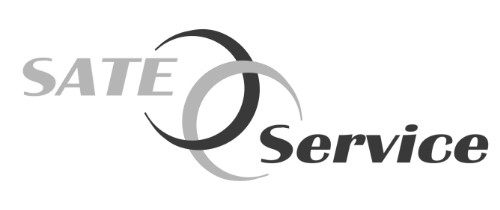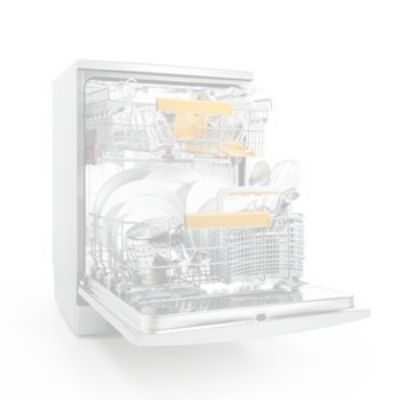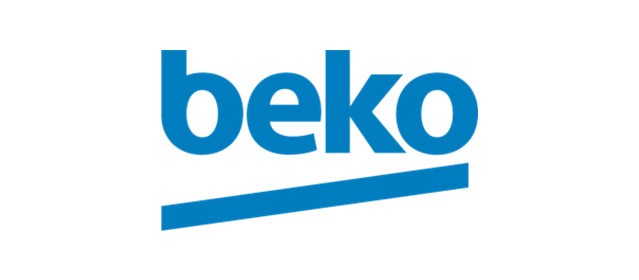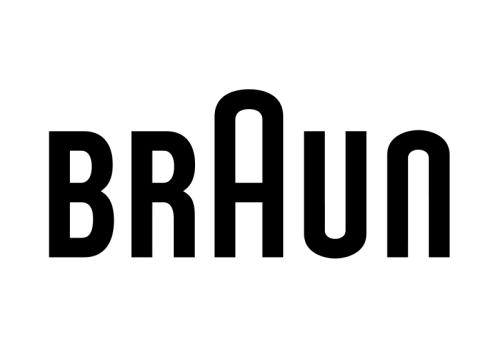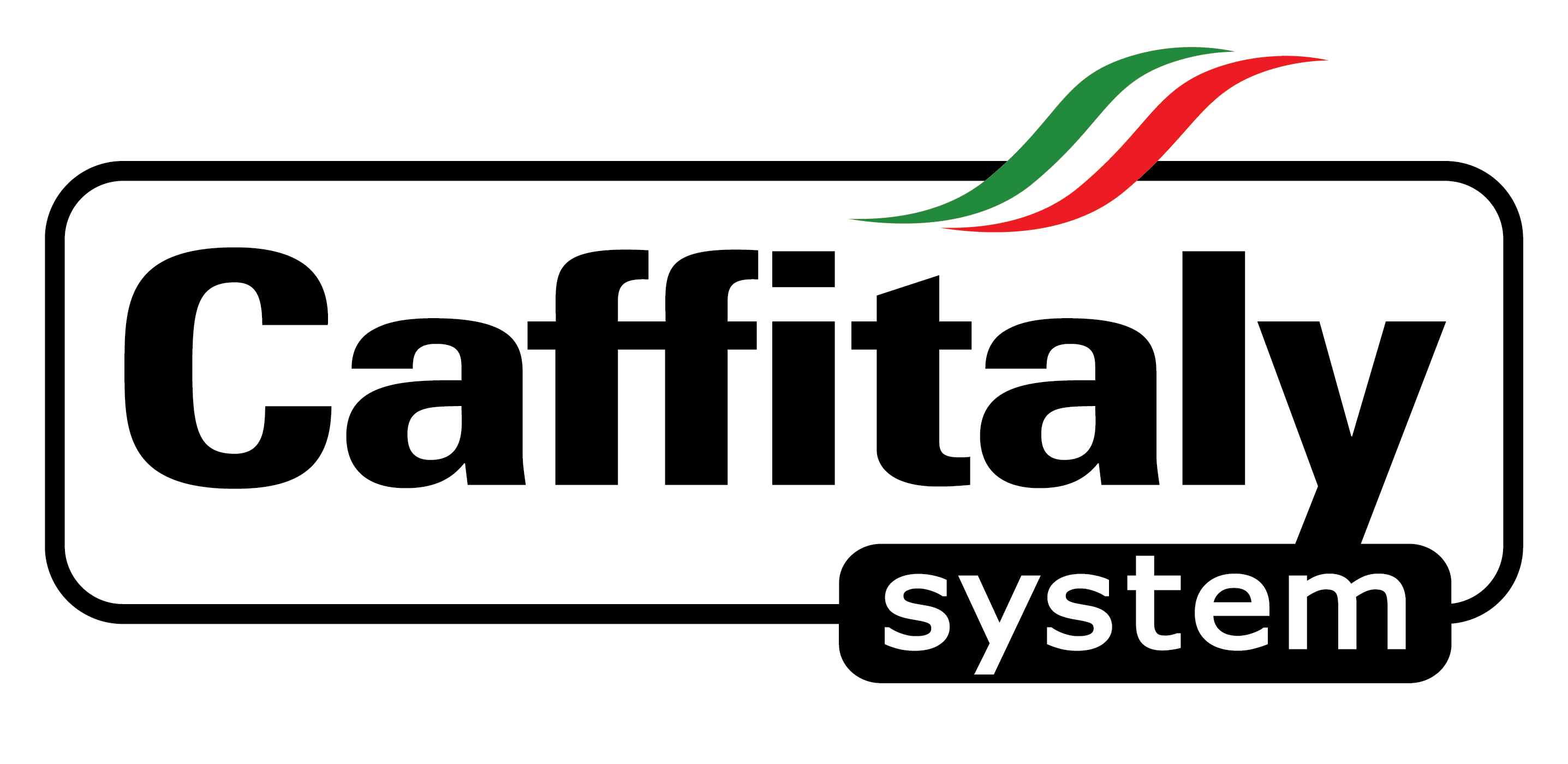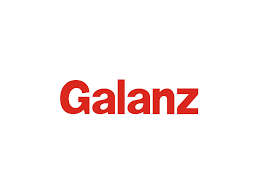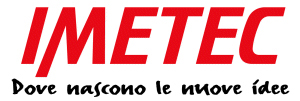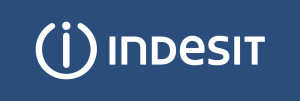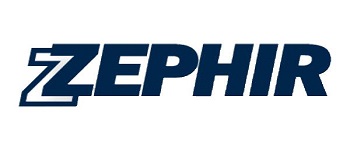Controlled Access to Confidential Data
Data access restrictions play an essential role in keeping confidential data secure and private. They prevent unauthorized users from accessing sensitive data and systems, while also restricting access to sensitive data to only trusted individuals who have been granted the right to do so through rigorous vetting processes.
This includes the vetting of research projects and the training of researchers in addition to the use of secure lab environments in physical or virtual forms. In some cases an embargo on publication is required to safeguard research findings.
A variety of access control methods Recommended Site are available that are available, including Discretionary Access Control (DAC), where the administrator or owner decides who can access certain systems, data or resources. This model can be flexible however it could also lead to security issues since individuals may unintentionally give access to someone else who should not be allowed access. Mandatory Access Control (MAC), is nondiscretionary and common in government or military settings, where access is regulated by classification of information and clearance levels.
Access control is also essential to meet the industry's compliance requirements for information security and protection. By implementing access control best practices and following established policies, organizations can demonstrate compliance during inspections or audits, avoid fines or penalties and maintain trust with customers or clients. This is especially crucial when regulations such as GDPR, HIPAA and PCI DSS apply. By reviewing and updating regularly the access privileges of former and current employees, organizations can ensure that sensitive information is not exposed to unauthorized users. This requires careful review of access privileges and making sure access is deprovisioned when people quit or change roles within the company.
